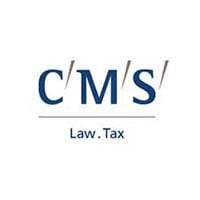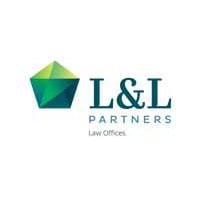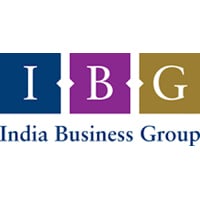
India Teams 2019

| Nestaway Technologies








Nestaway Technologies
The team is based on a hub and spoke model with Bengaluru acting as a hub and the respective cities as spokes. Consistent with the localised nature of business, the lawyers in the cities have a broad range of authority and span of control in responding to local matters. The central team focuses on ensuring accuracy of information flow; efficiency of legal operations; contracting; new businesses and consistency of approach. General counsel, Rajneesh Jaswal has several years of credible experience as a legal and management resource across industries and geographies. He stands out for his ability to deliver efficient and pragmatic solutions in ambiguous legal and business environments. As a former entrepreneur, in-house lawyer, associate director – legal, Anshul Mittal has the unique ability to see both sides of the equation. He is highly regarded for his business and legal knowledge and takes credit for innovative use of technology to driving legal and business solutions. He is also responsible for performance management of the legal team. Senior legal counsel Mehul Pagare stands out for his in depth knowledge of the real estate sector especially in a heavily regulated state like Maharashtra. In addition to Maharashtra, Mehul focuses on the India wide legal operations in finding solutions to business problems like collections, customer verification, e-agreements etc. Legal counsel Sai Teja Vangala is recognised as a rising star with a solid track record of resolving business and legal issues at an operational level. He has recently moved into a central role and is responsible for contract processes, new businesses and legal-commercial interlock.
One of the drivers of India’s economic boom is a large mobile and location agnostic workforce open to moving to different locations. Nestaway is India’s foremost and largest provider of technology enabled “managed home rental services”. On one hand, Nestaway provides tenants a seamless and discrimination free renting experience, while on the other it assists landlords in tenant and property management. This is a nascent but fast developing business space. While being generally regulated by laws relating to real estate, foreign investment, taxation, consumer protection, labour, e-commerce and banking, the most recent and notable regulatory impact has been the Model Tenancy Bill, 2019 released by the Ministry of Housing and Urban Affairs. For the first time, the law aims to regulate rental accommodation in the country; promote inclusive and sustainable housing for all classes and the introduction of technology in document management. In a major boost for Nestaway, the model law is the first legislation to formally recognise the role of “property managers” like Nestaway and the services they provide in balancing the interests of landowners and tenants. In addition to other changes, the law contemplates standardisation of security deposits, specialised dispute resolution, creation of a digital agreement repositories – some of the areas where Nestaway already occupies a leadership position.
Can you describe some of the challenges your team faces by working for in India’s technology market?
Over the past five to seven years, technology companies have completely reinvented the way many traditional businesses have been run. While businesses like retail, commerce, logistics and food and beverage have already been transformed, that impact on the real estate and housing sector is still being fueled by technology and transformation. While Nestaway is leading the way in this sector with many firsts to its credit, it faces the same challenges as many other “first” players. While technology and its implementation keep evolving – regulation and law are often left playing catch-up. The managed home rental/property management sector is under regulation with minimum or no legal guidelines. Consequently, regulators apply archaic regulations which fail to address the needs of an evolving business. Some specific examples include treating property managers as “paying guest providers” or “hostels”; application of commercial rates of electricity or municipal taxes; GST rates; reluctance on acceptability of shared accommodation etc. The services provided by traditional property agents do not face these challenges.
The Nestaway heavily relies on technology enabled processes to manage its portfolio. Innovative use of technology has resulted in automating several legacy legal processes. We have created digital tools which automatically fetch data from various departments to process litigation related information and predict litigation scenarios. As a result of this innovation, the legal department is able to process litigation requests within 24 hours and also significantly reduce costs. The team has also led the company wide transition from physically signed agreements to electronically executed digital, landlord and tenant agreements. With more than 2,000 agreements executed every month, digitalisation has created significant business impact. The speed of customer on boarding has reduced to three days from three weeks, in addition to bringing efficiencies in contract management and costs.
While the use of artificial intelligence and data analytics to crunch legal data in order to develop predictive models is considered game changing – and in fact these models can hedge real risks and help company management take informed business calls – we believe that legal tech must bridge the gap between the requirements of legal teams for specific kinds of data and the form in which data is maintained by business teams. The other area which can impact in-house legal teams the most is tech-driven use of ADR to reconcile commercial disputes. Court based dispute resolution mechanisms and existing ADR channels still prove to be time-consuming and non-cost effective solutions for business-as-usual, low value – high volume disputes. We need to reimagine the rules of the game and encourage establishment of third party neutral providers who can leverage technology to offer low cost, time optimised solutions for these disputes.